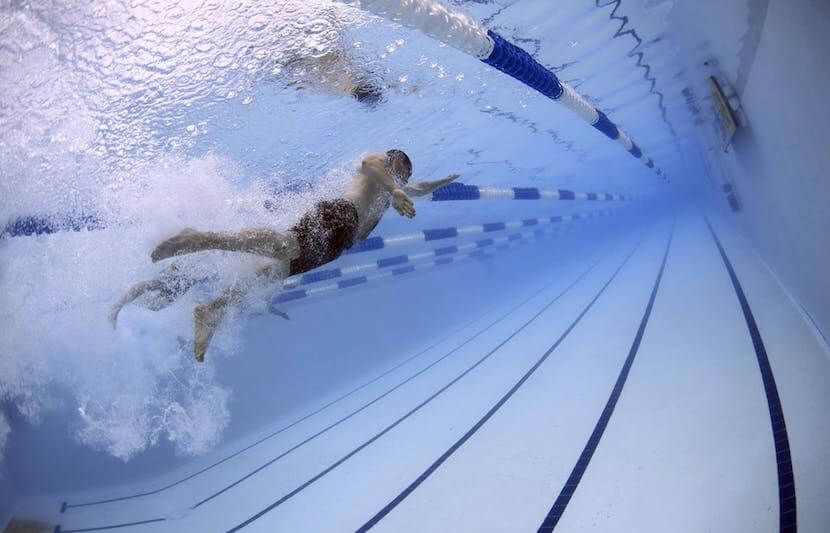When it comes to endurance training, “push it to the limit” may not be the best advice. A recent study from researchers at the University of Guelph in Canada suggests that overload training — the practice of training past your normal limits to raise your future performance level — may not actually work.
“The theory behind overload training is that you train to the point of complete exhaustion, so that when you rest and recover, you will be able to perform at a higher level than before,” Alexandra Coates, a doctoral student in human health and nutritional science and lead author of the study, said in a statement.
“But that may not be entirely correct.”
The researchers found that overtrained athletes demonstrated higher levels of muscle sympathetic nerve activity, which constricts the muscle’s blood vessels and indicates stress in the body. They also found evidence that this response could actually hinder, not help, athletic performance.
“Athletes who followed a consistent training regime and didn’t have the same overload stress demonstrated improvements in their overall fitness and other markers of cardiovascular health,” Coates said in a statement.
The study is the first to measure the activity of the sympathetic nerve system in overtrained athletes.
Previous studies were limited to examining the effects of overtraining on heart rate variability, which is very variable and only assesses the activity of the parasympathetic nervous system. These studies, according to Coates, have produced very conflicting results in which it is difficult to differentiate between increases in sympathetic and parasympathetic activity in the subjects.
In comparison, muscle sympathetic nerve activity is both much more stable and a direct measurement of sympathetic nerve activity.
Measuring sympathetic nerve activity is also very difficult, however. It requires specialized equipment and trained technicians.
The University of Guelph’s Human Performance & Health Research Laboratory, run by Philip Millar, as assistant professor in the Department of Human Health and Nutritional Sciences, is one of the few laboratories in North America equipped to perform these kinds of measurements.
For the study, Coates and her team compiled a group of 23 triathletes and cyclists who participated as research subjects.
After an initial recovery period to ensure all participants were at baseline fitness, the participants were divided into two groups.
One group, functioning as the control group, were assigned to do their regular training regimen — no more, no less — over the course of a three-week study.
The other group did overload training, equivalent to 150 percent of their regular training volume.
The researchers conducted examinations on the participants before and after the three-week period, during which they measured the athletes’ sympathetic nerve activity, heart rate variability, and reflexive blood pressure regulation.
The tests revealed that after three weeks, overtrained athletes demonstrated high levels of sympathetic nerve activity, while the control group showed no significant changes.
Healthy athletes typically have low levels of resting sympathetic activity, effectively demonstrating a correlation between overload training and physiological stress.
“Further, our control group, who continued with their regular training programs, had improvements in heart rate variability and baroreflex sensitivity, which is associated with improved fitness and health,” said Coates.
“As our overload group did not have these improvements in markers of autonomic health, we can say that overload training negates the beneficial health effects of regular training in recreational populations.”
Coates, who was inspired to pursue this research topic by her own experiences as an elite triathlete, believes that the study has immediate implications for other triathletes, cyclists and endurance trainers.
“It is pretty easy to overdo it when you are training for three sports, and it is actually difficult to meet the demands of the sport (particularly at the top level) without overdoing it,” she said.
She emphasized that though overtrained athletes did not get any worse, they did not improve either, suggesting that athletes are likely better off cutting overload training out of their regimen.
“My recommendations for recreational athletes are that improvements to performance and fitness are possible without having to undergo overload protocols or intense training camps,” said Coates.
“Athletes still need to train hard, certainly, but large increases in training load are likely counterproductive to the desired outcome.
“Further, as has been touted for a long time, recovery is where you make your adaptations to the training, so make sure to build recovery into the training plan.”
Coates is currently working on preparing another paper for publishing. Based on the same study, the next paper examines the cardiovascular effects of overload training.



